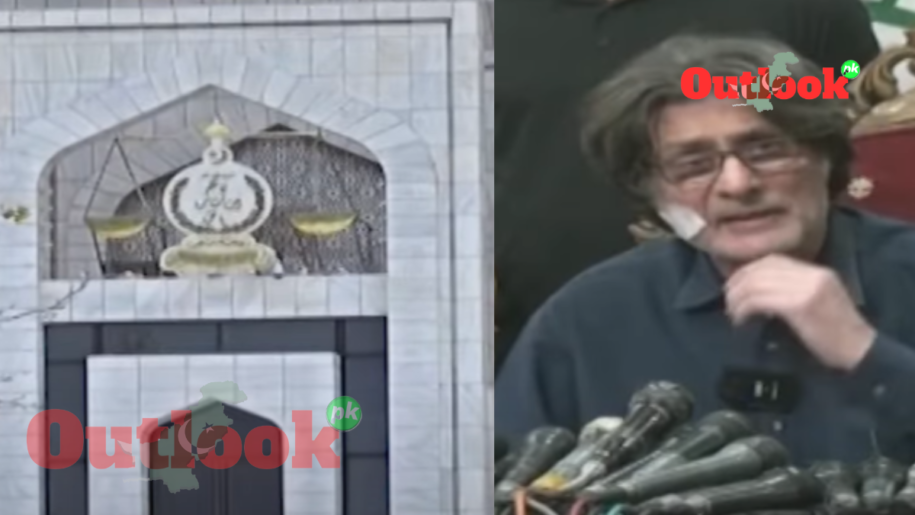Today marked a significant day for PTI as Khan Saheb awaited the court’s decision on live streaming. PTI had high hopes that live streaming of court proceedings would be allowed, but this did not happen. Here’s a detailed account of the events and opinions surrounding the decision.
PTI’s Hopes for Live Streaming
Khan Saheb and PTI were hopeful that the court would permit live streaming of the proceedings, anticipating transparency and public engagement. However, the court, led by Chief Justice Athar Minallah, decided against it.
Court Proceedings
During the court session, the Advocate General raised the issue of live streaming. Chief Justice Minallah did not favor the idea, asserting that the case did not hold significant public interest to warrant live streaming. Despite the Advocate General’s argument that the case involved billions of rupees in corruption, which directly affected public interest, the court maintained its decision.
Opinions on the Decision
- Advocate General’s Stance: The Advocate General argued that corruption involving billions of rupees from the National Exchequer was indeed a matter of public interest and deserved transparency through live streaming.
- Court’s Rationale: The court did not provide a detailed reason for rejecting the live streaming request but implied that not all cases necessitate such public visibility.
PTI’s Perspective
PTI expressed disappointment over the court’s decision, believing that high-profile cases, especially those involving public funds and corruption, should be live-streamed for public awareness. There is a perception within PTI that live streaming could have allowed Imran Khan to address the nation directly, leveraging the platform for broader communication.
Justice and Transparency
PTI holds that Imran Khan, being a responsible leader, should be given the opportunity to present his case transparently. They believe that live streaming would have ensured a fair and open trial process, aligning with the principles of justice and Islamic teachings.
Broader Implications
- Senate Elections and Democratic Values: The discussion also touched upon the broader implications for democracy in Pakistan, including issues related to Senate elections in Khyber Pakhtunkhwa. PTI views these challenges as attacks on democratic values and the mandate of the people.
- Representation of Women: PTI emphasized the importance of giving women their due representation in the political process, criticizing any efforts to marginalize their participation.
FAQs
Q: Why did PTI want live streaming of the court proceedings?
A: PTI believed that live streaming would ensure transparency and allow the public to witness the judicial process, particularly in high-profile corruption cases.
Q: What was the court’s reason for rejecting the live streaming request?
A: The court, led by Chief Justice Athar Minallah, decided that the case did not hold enough public interest to justify live streaming, although detailed reasons were not provided.
Q: How did PTI react to the court’s decision?
A: PTI expressed disappointment, arguing that the case involved significant public funds and corruption, which should be transparent to the public.
Q: What broader democratic issues were discussed?
A: The discussion included concerns about Senate elections, democratic representation, and ensuring women’s participation in the political process.
Q: What are PTI’s views on justice and transparency?
A: PTI advocates for transparency in the judicial process, believing that live streaming high-profile cases aligns with principles of justice and public interest.
In conclusion, PTI’s anticipation of live streaming was not met, leading to a broader discussion on transparency, democratic values, and representation. The decision highlights ongoing debates about public access to judicial processes and the importance of transparency in cases involving public interest.







